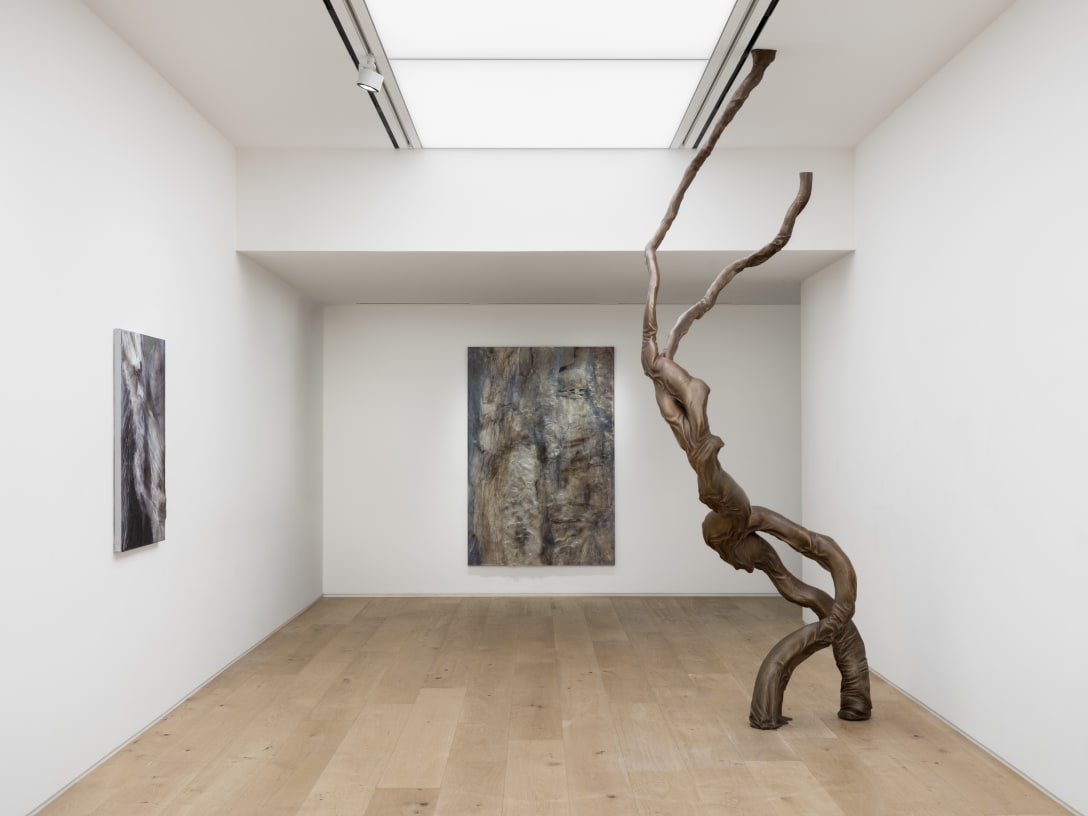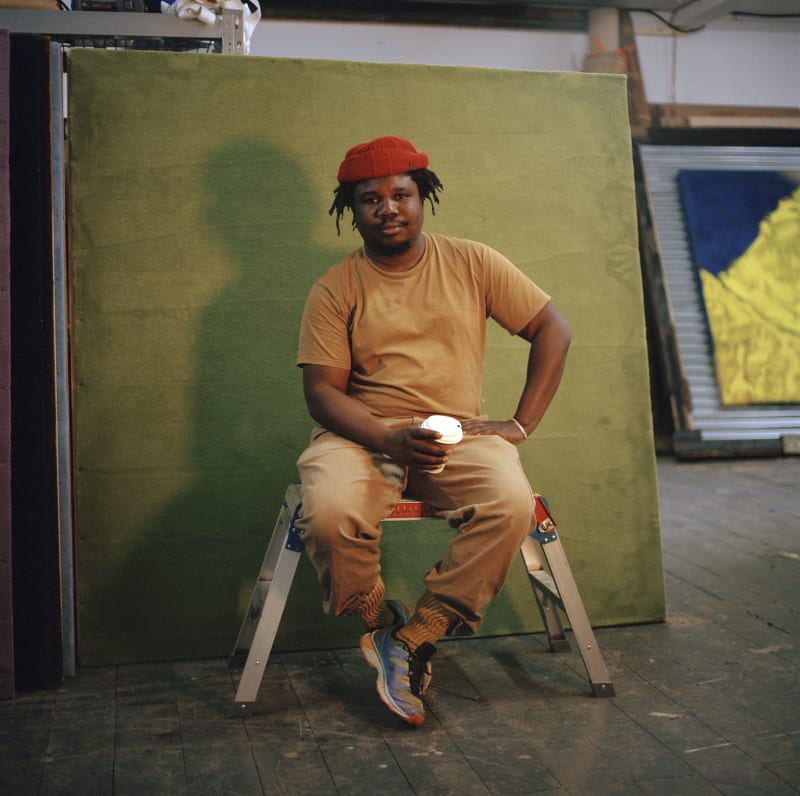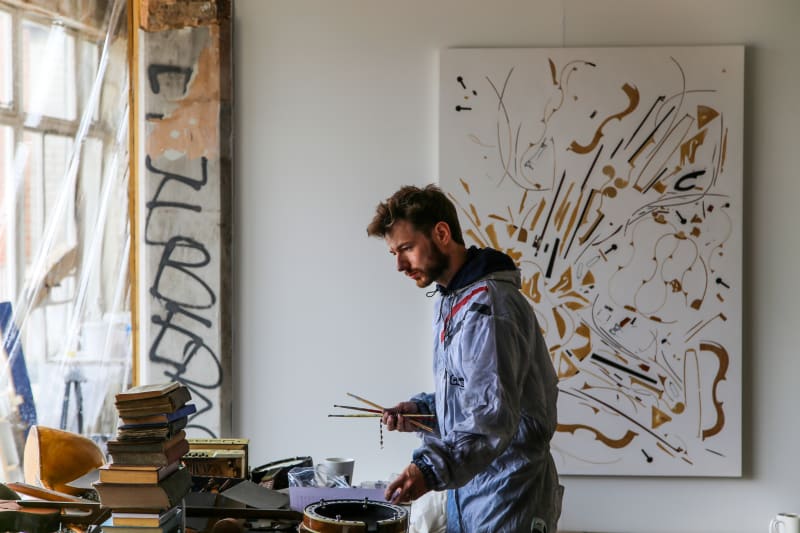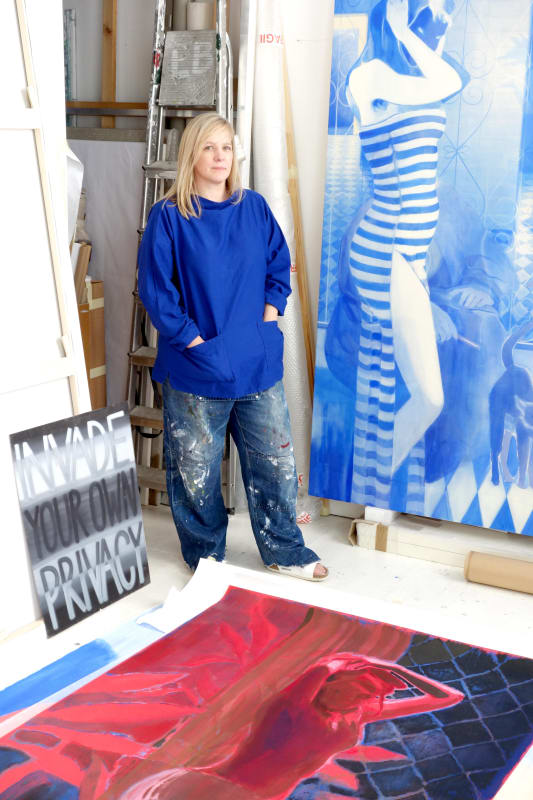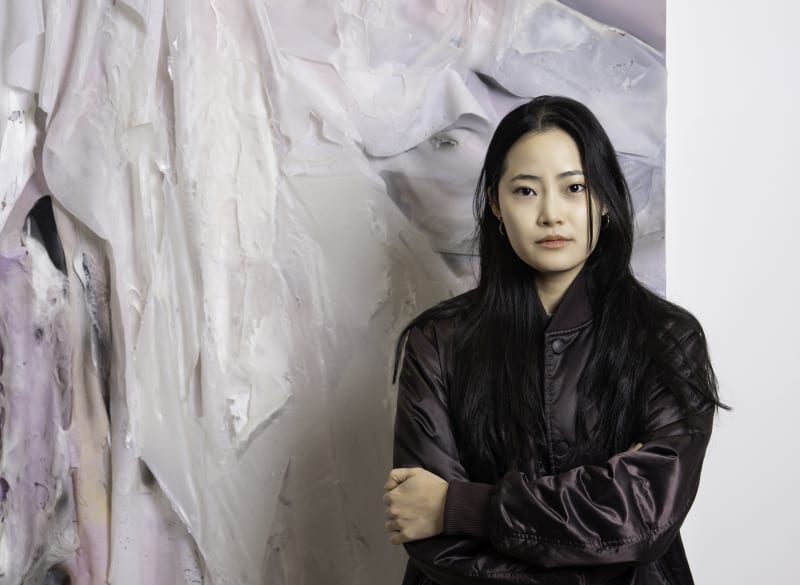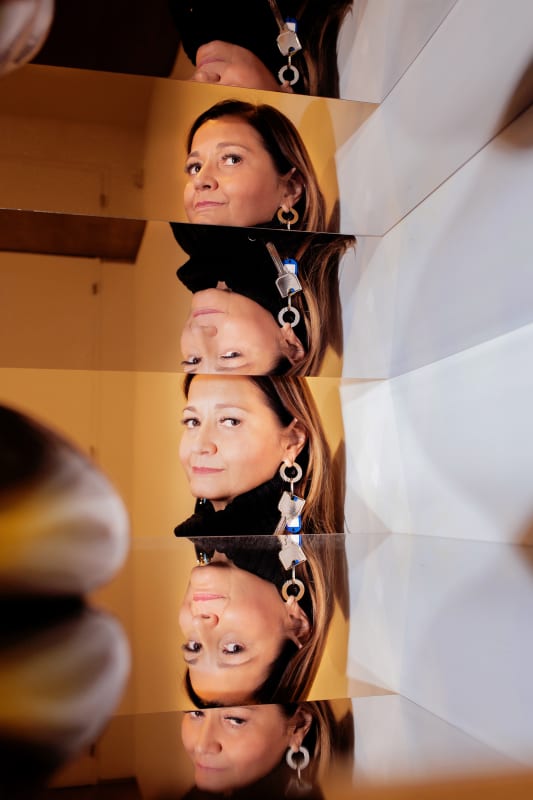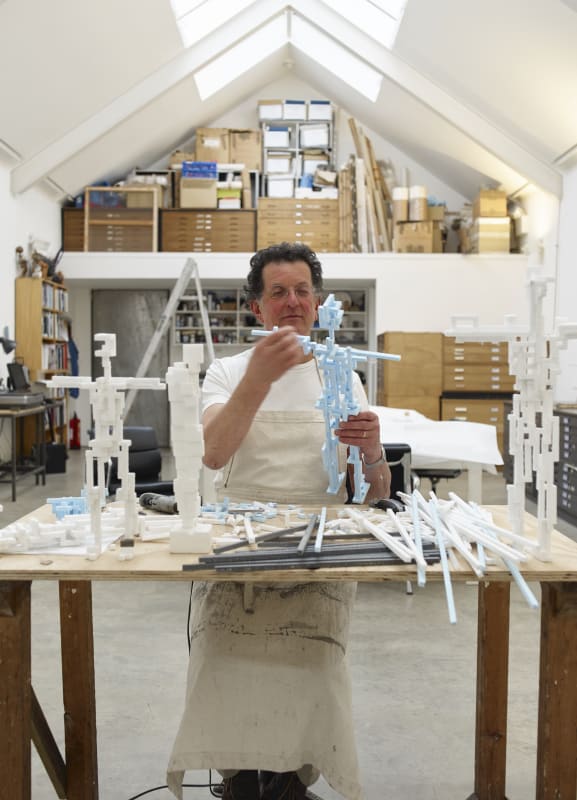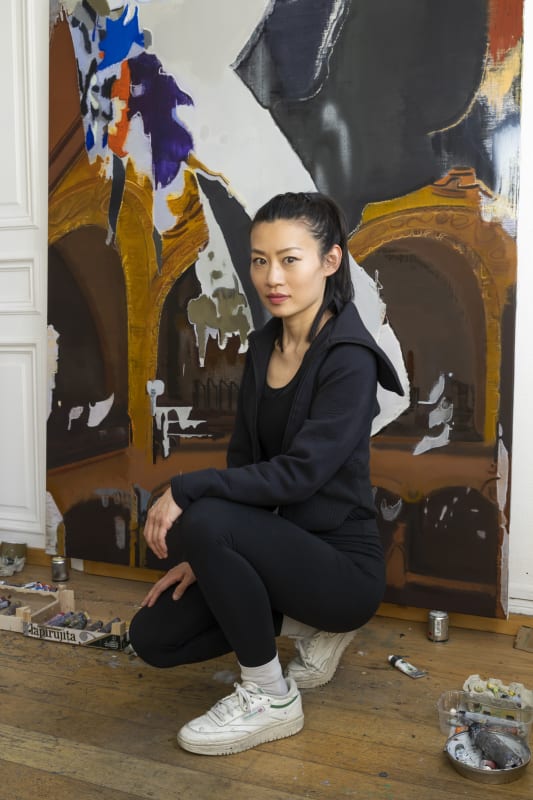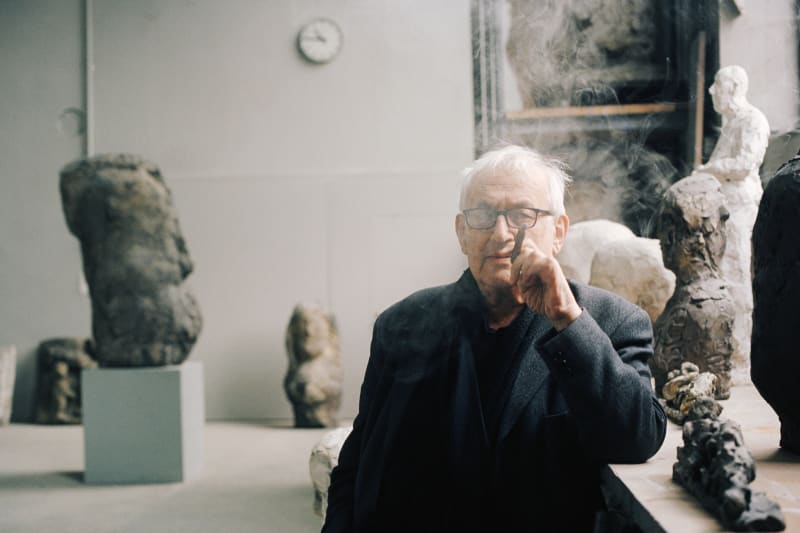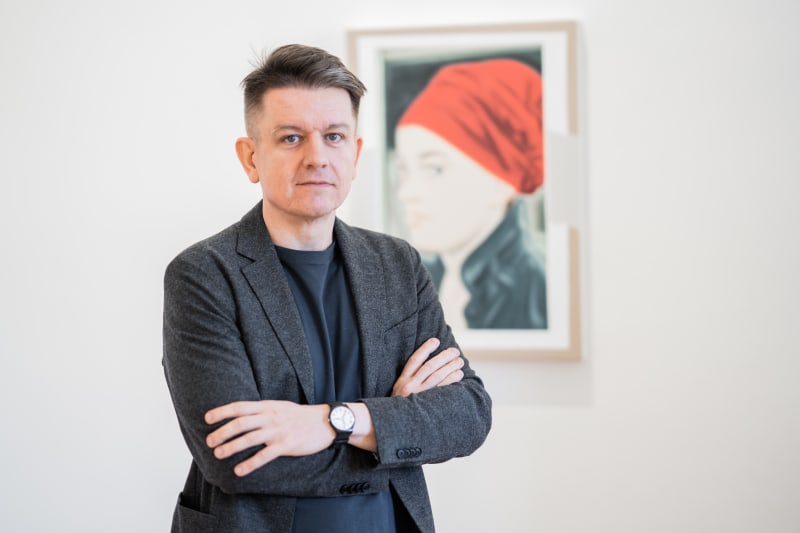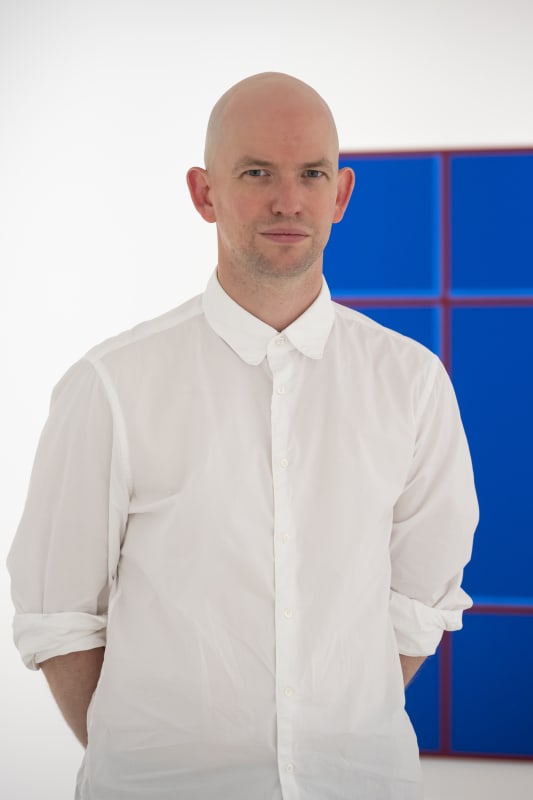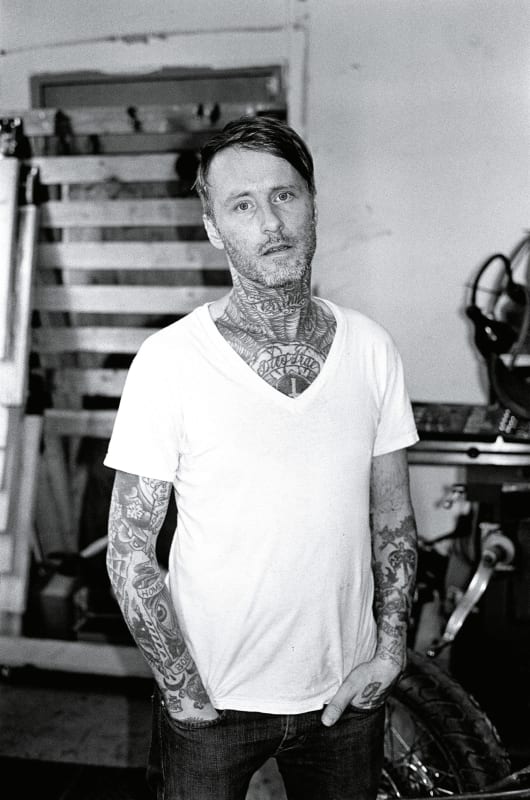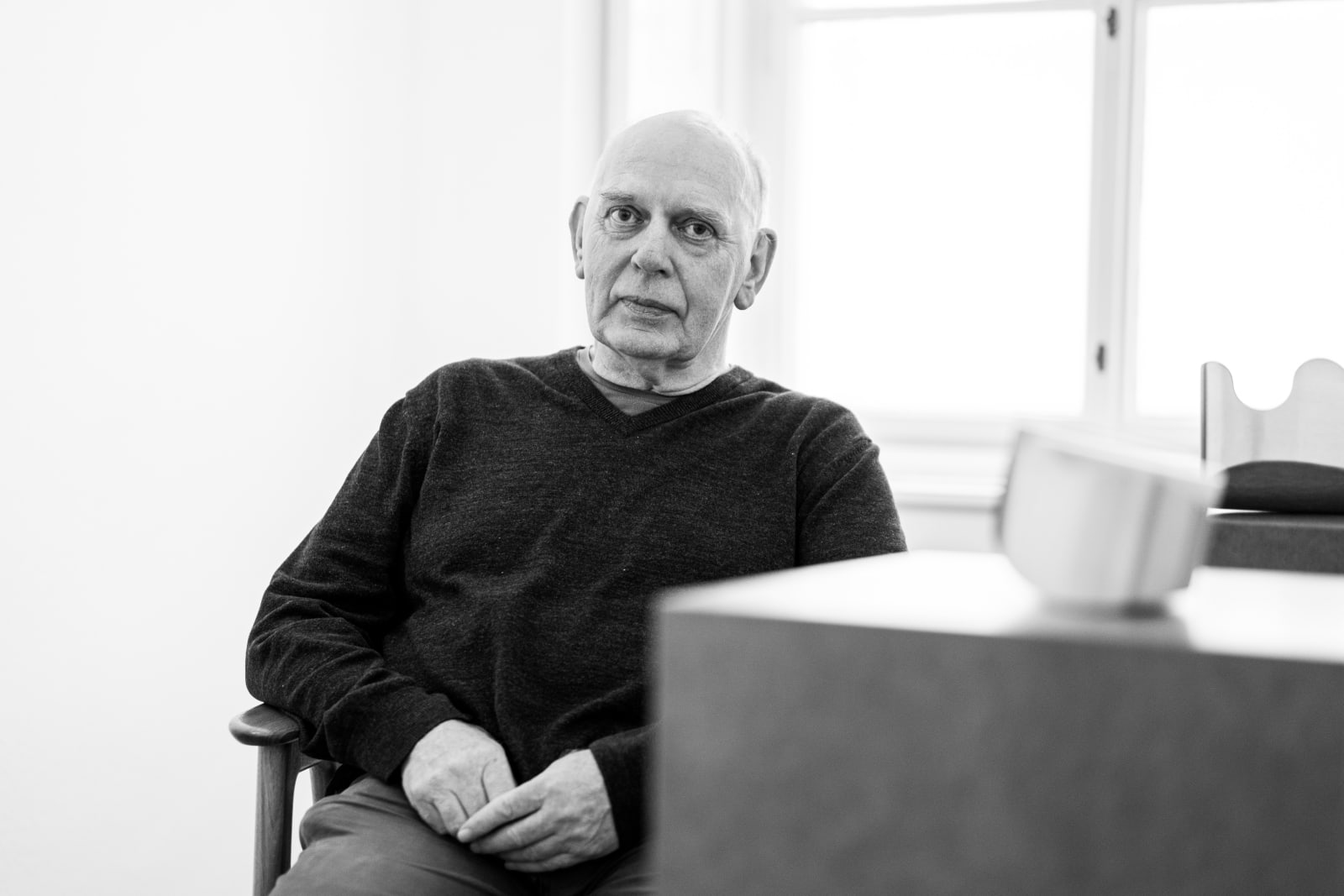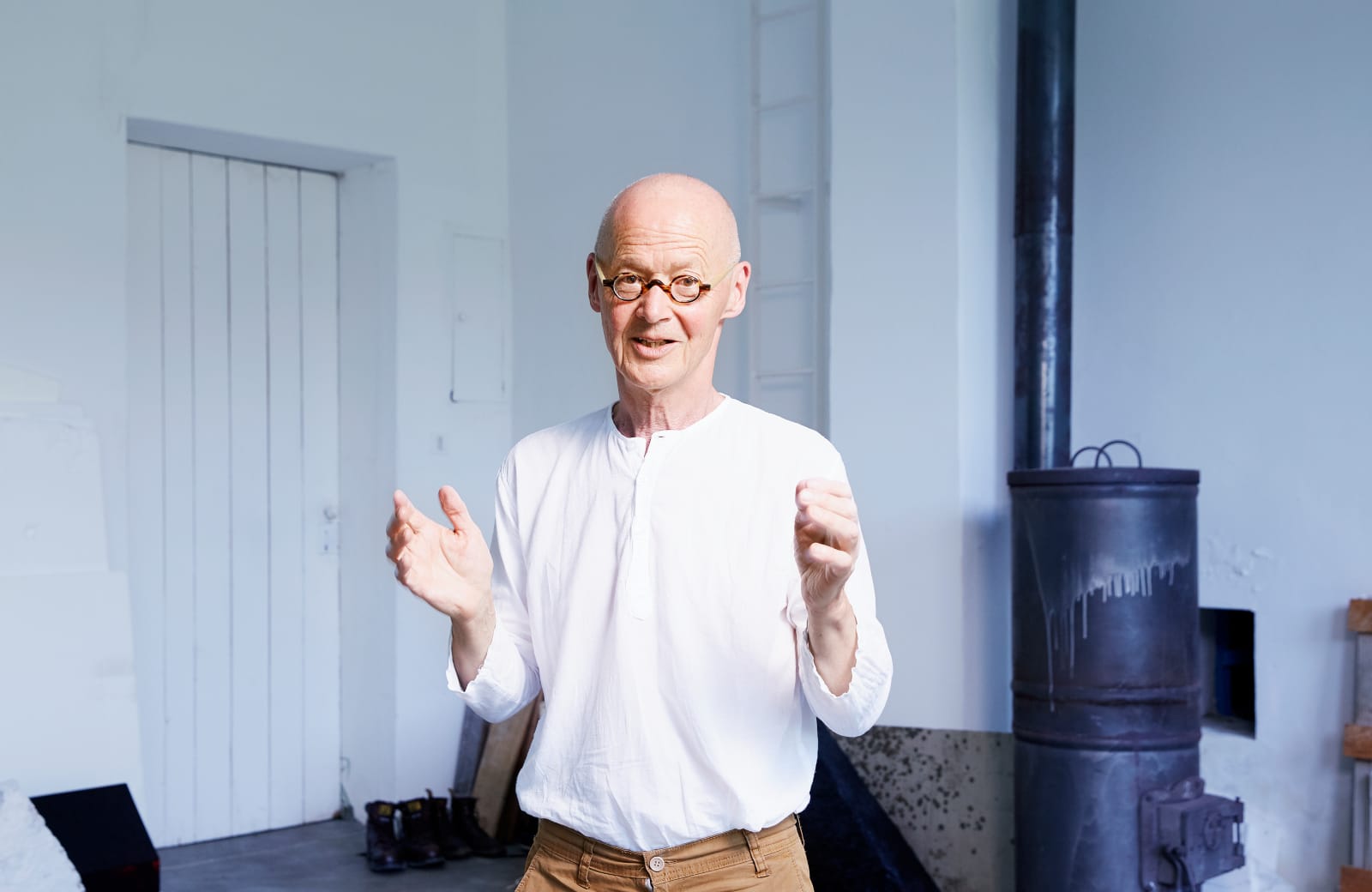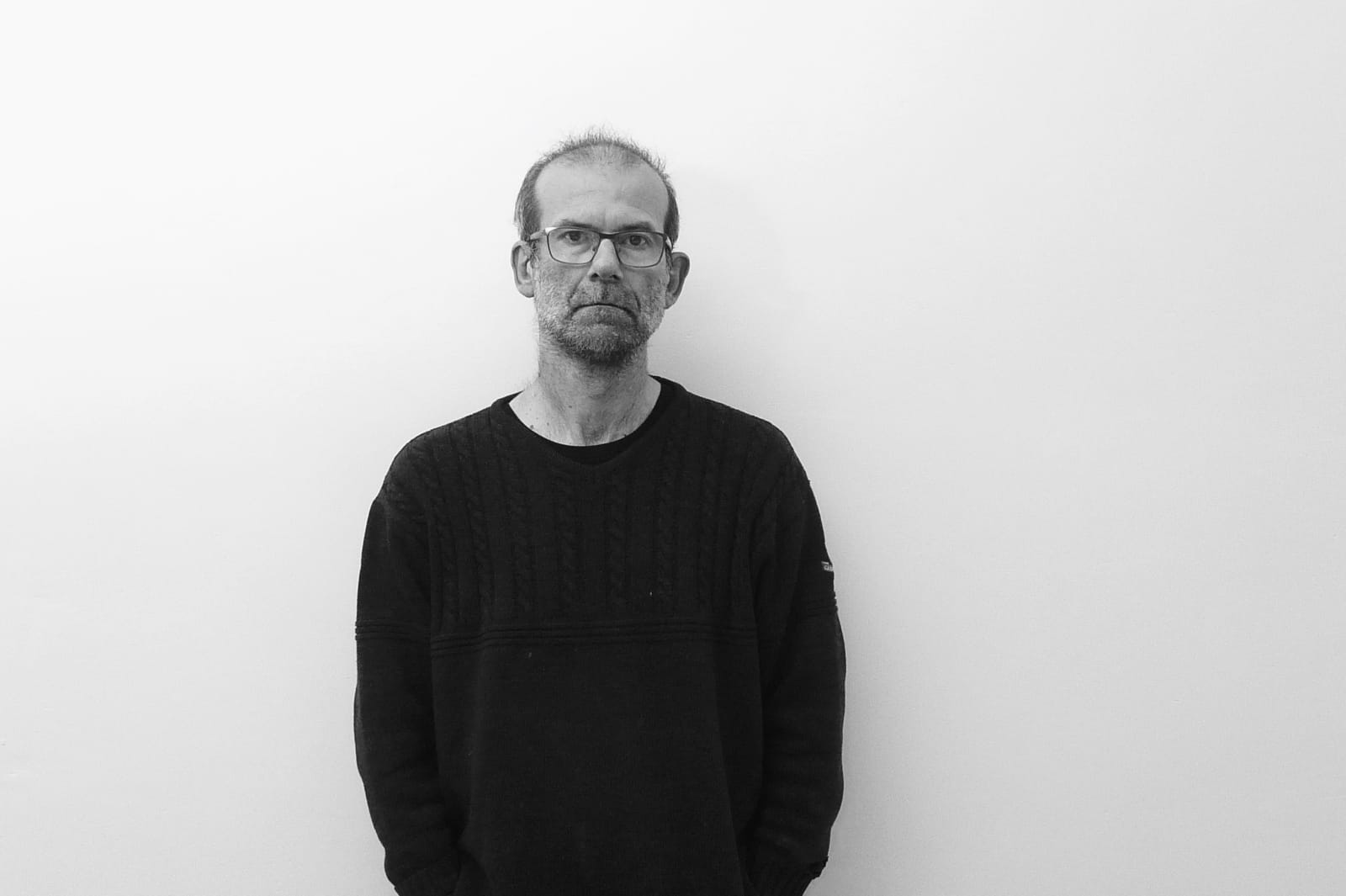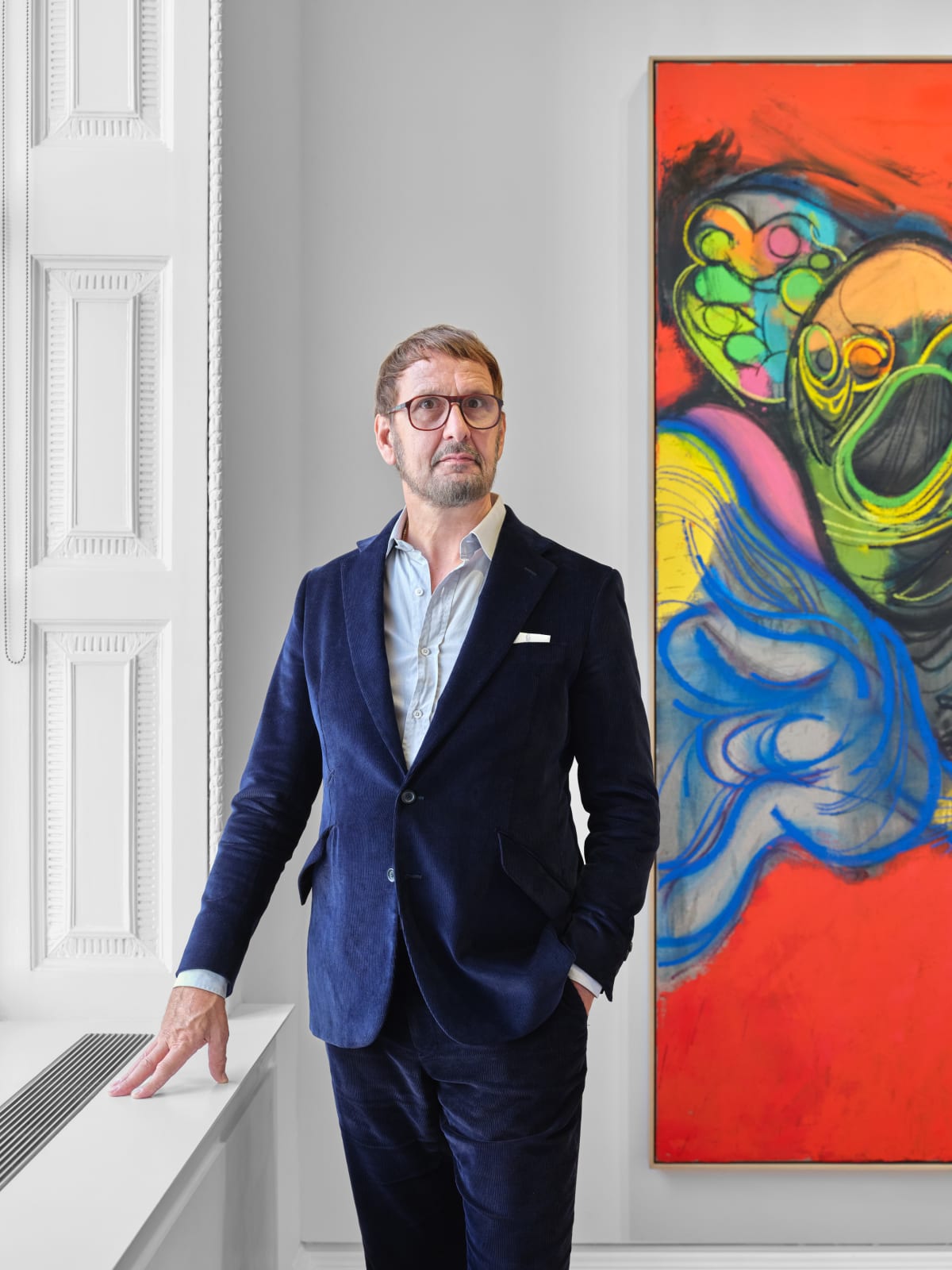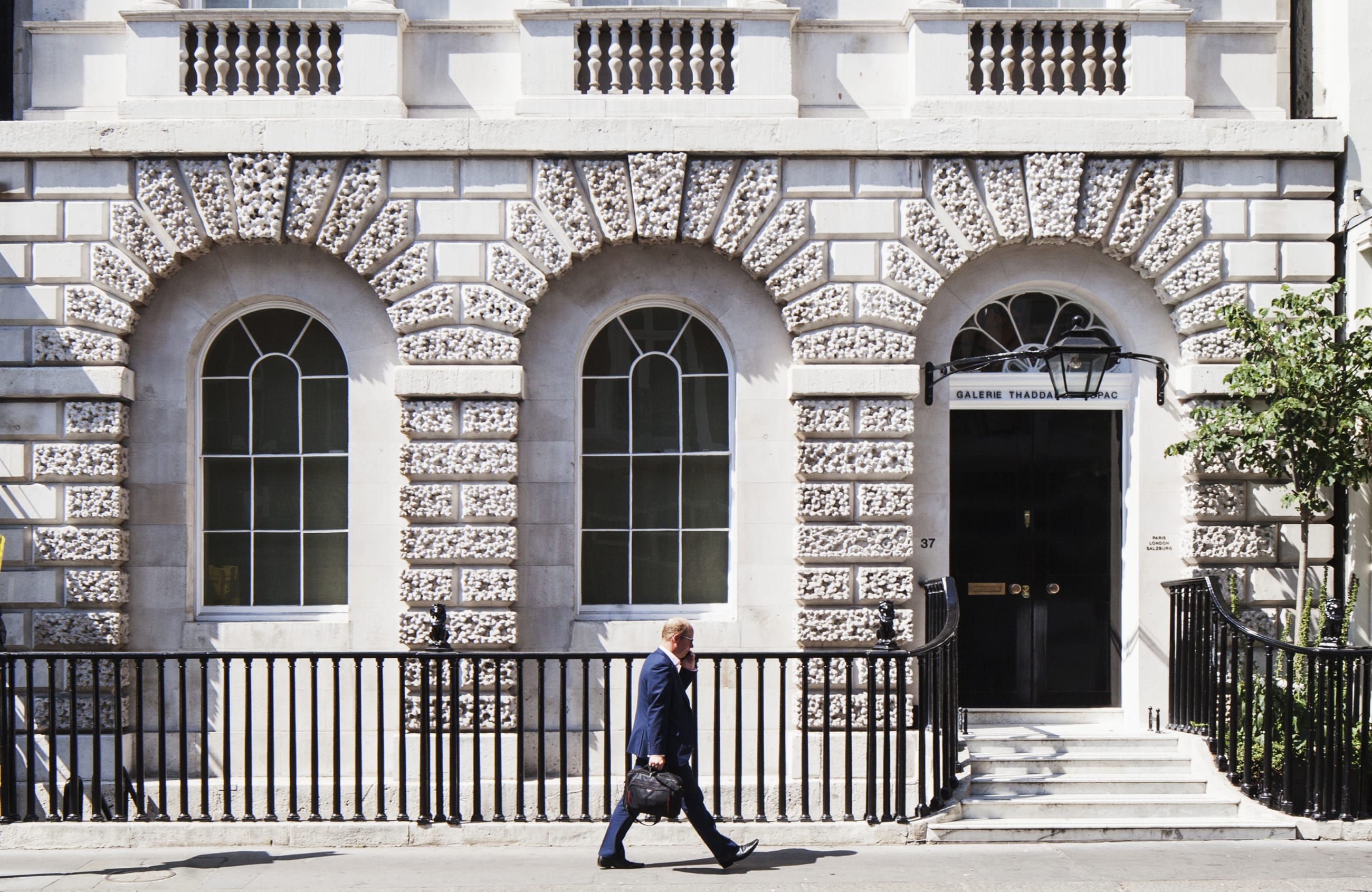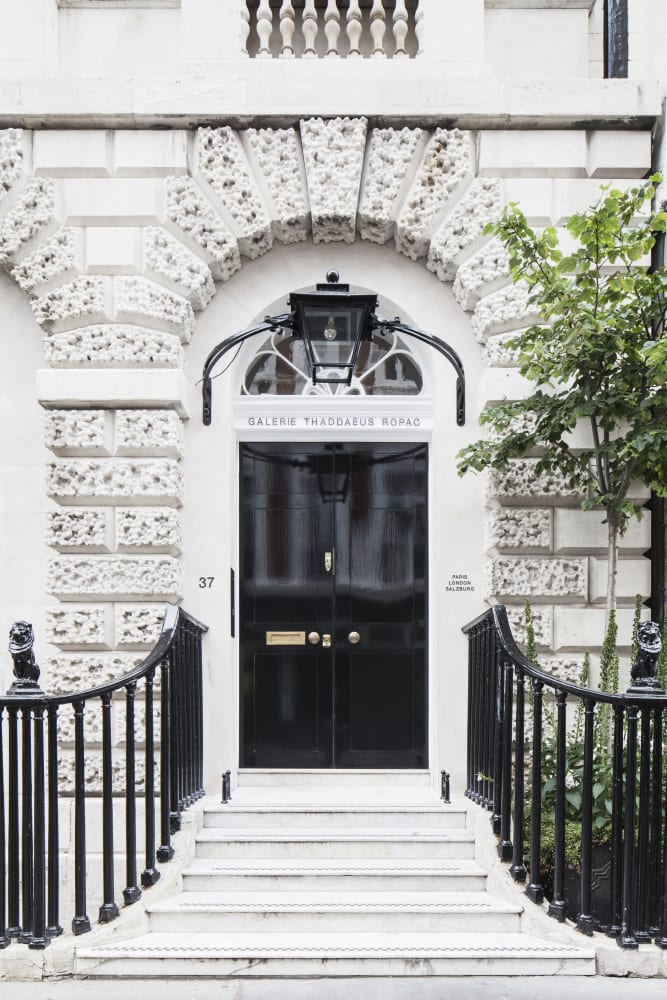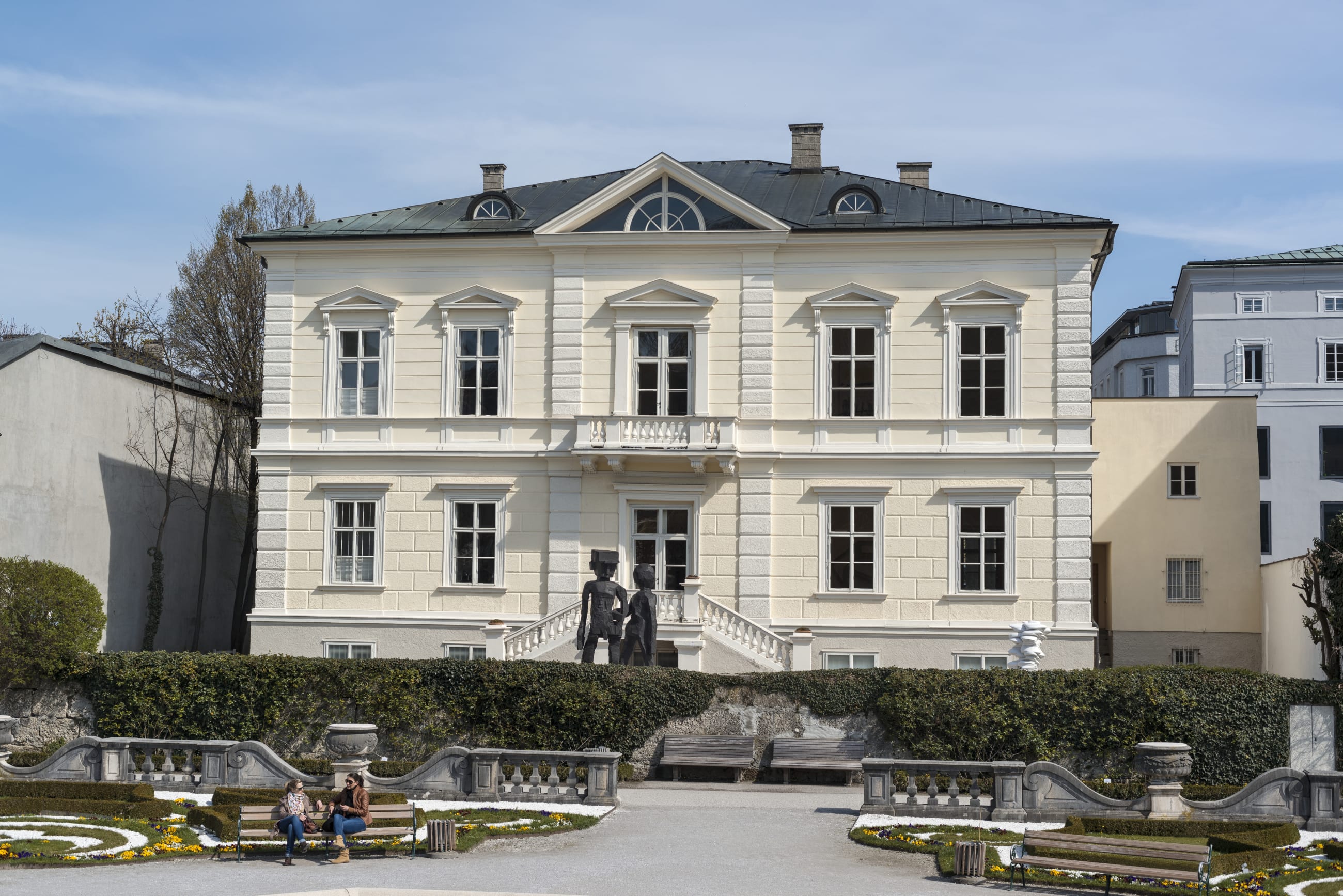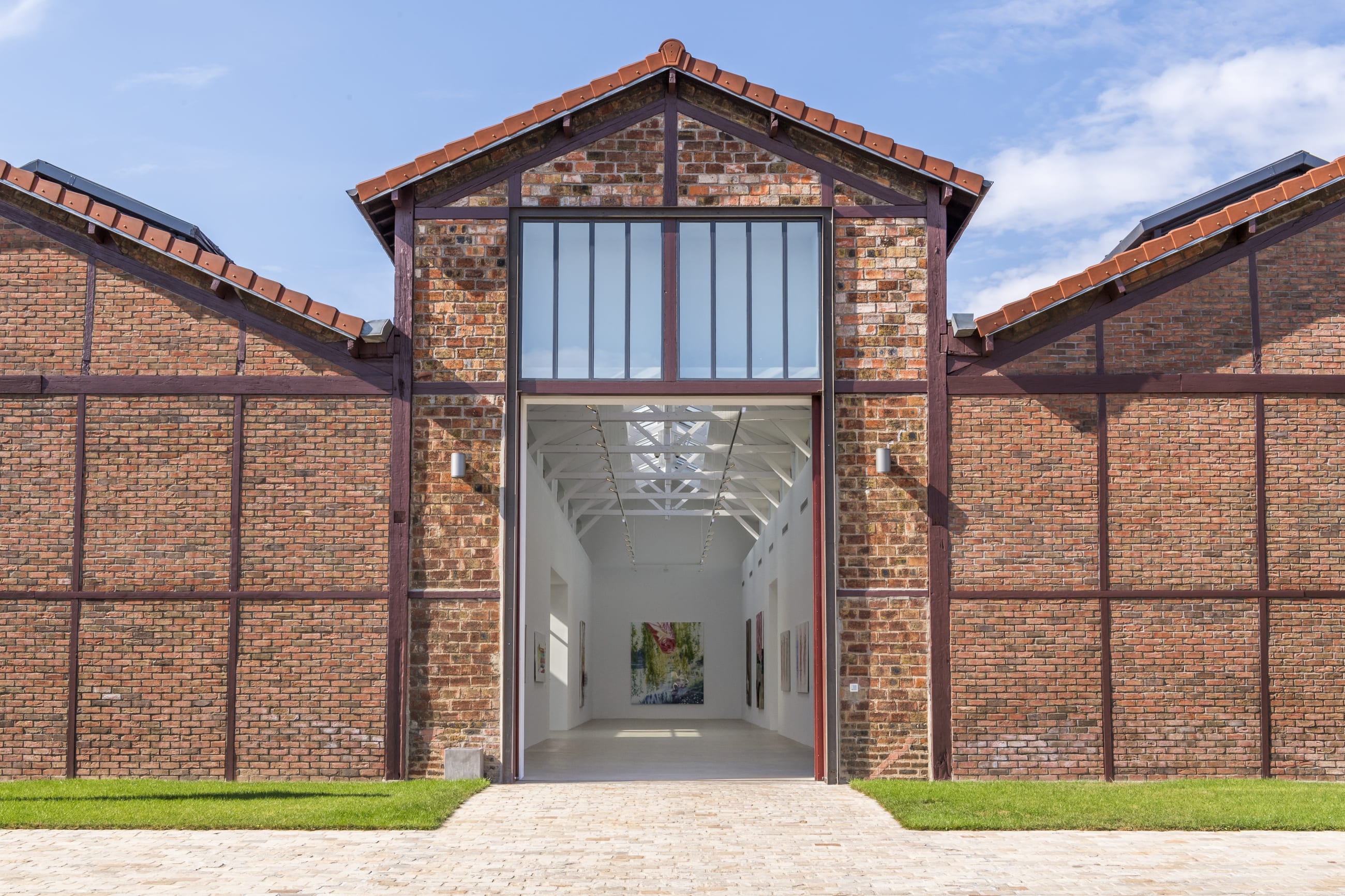

Overview
Celebrated American director Sofia Coppola selected the images from The Robert Mapplethorpe Foundation in New York—with whom the gallery has collaborated for this exhibition. By using rarely seen and little-known images taken by Mapplethorpe, Coppola has created an installation very much in step with her world.
Following collaborations with Robert Wilson and Hedi Slimane, Galerie Thaddaeus Ropac has invited Sofia Coppola to curate a new Robert Mapplethorpe exhibition.
This exhibition uses the same approach as the show “Robert Mapplethorpe: Eye to Eye”, which was curated by American artist Cindy Sherman in New York in 2003, and “Robert Mapplethorpe Curated by David Hockney”, which was presented in London in 2005. The idea is to have a contemporary artist bring his or her take on an œuvre as significant as that of Robert Mapplethorpe’s.
Celebrated American director Sofia Coppola selected the images from The Robert Mapplethorpe Foundation in New York—with whom the gallery has collaborated for this exhibition. By using rarely seen and little-known images taken by Mapplethorpe, Coppola has created an installation very much in step with her world. Always inspired by images, the director uses photographs to orient the visual concept of her films. She draws inspiration from images pulled from magazines, taken by iconic photographers, and even snapped with her own camera. Whether done consciously or not, from a single glimpse of the photographic ensemble, the viewer could easily imagine the photos to be a mood board for a future film. However, there is no “narrative” that weaves the selection of images together: the viewer has the freedom to invent fictional characters within the nuances of gray.
Sofia Coppola extracted gentle images from Robert Mapplethorpe’s archive: contemplative moments from which a delicate tension emerges. Known for his erotic and provocative images and the metaphysical nature he often imbues his subject matters with, the viewer is able to discover a nearly-unexplored side of the artist. Mapplethorpe’s portraits of children are taken with an intense gaze: Honey (1976), Andes (1979). He photographs animals languidly sprawled out: Muffin (1981), Kitten (1983). His portraits of charismatic women seize the intimacy of introspective moments: Annabelle’s Mother (1978), Paloma Picasso (1980). Mapplethorpe is also famous for his still life photographs of flowers. All of these stock-still people and things, replete with grace and candour, are presented through the gaze of a creative woman: Coppola’s innate sense of beauty is something she has in common with Robert Mapplethorpe. She knows how to emphasize, in the silence of suspended moments, the tenderness and emotion present in the artist’s work.
Sofia Coppola’s selection includes four loans from prestigious museums: Katherine Cebrian (1980) and Waves (1980) are part of the permanent collection of London’s Tate Modern, Melia Marden (1983) is part of the Guggenheim collection and Fireplace with Flowers (1986) belongs to the Montreal Museum of Fine Arts.
Robert Mapplethorpe was born in 1946 in Floral Park, NY and died in 1989. He took his first photographs using a Polaroid camera. Among snapshots of still lifes and other subjects, many of his early polaroids are self-portraits and portraits of close companions, such as singer/artist/poet Patti Smith. Some of his early work includes unique presentations of his photographs, displayed in self-created frames that morph his photography into sculptural objects. Mapplethorpe later acquired a Hasselblad camera and photographed his circle of friends and acquaintances, notably artists, composers, socialites, porn film stars and members of the underground S&M scene. Certain photographs are considered shocking to some, due to the explicitness of their content, but they are also extremely elegant in terms of technical mastery. At the beginning of the 1980s, Mapplethorpe began to photograph very classical images: sculptural nudes of men and women, still life floral scenes, and formal portraits of artists and celebrities.
Sofia Coppola was born in 1971 in New York. She is a film director, screenwriter, and producer. After studying fine art at the California Institute of the Arts, she directed her first film, The Virgin Suicides in 1999. She received an Academy Award and three Golden Globe Awards for her 2003 film, Lost in Translation. Her 2006 film Marie Antoinette, shot on location in Versailles, received an Academy Award for Best Costume Design. Coppola’s most recent film, Somewhere (2010) received the Golden Lion of the 67th Venice Film Festival.
Sofia Coppola lives between New York and Paris with her husband, Thomas Mars and their two daughters.













